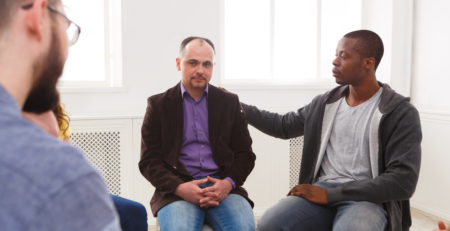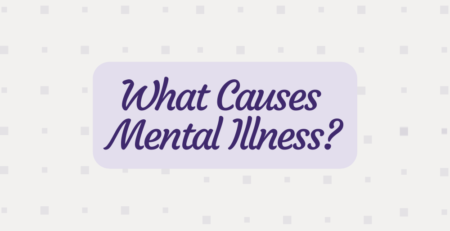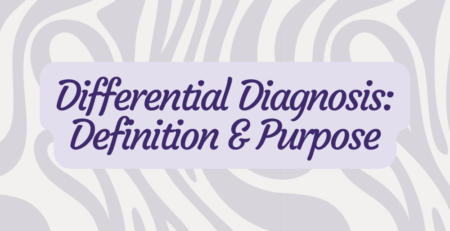20 Red Flags That Your Mental Health is Going Downhill
Several mental health disorders can impact your day-to-day functioning. Anxiety disorders, depression, bipolar disorder, post-traumatic stress disorder (PTSD), and schizophrenia are some of the most widely reported mental health conditions.
According to the World Health Organization (WHO), as of 2019, one in every eight people worldwide was living with a mental disorder. The onset of the COVID-19 pandemic led to an increase in the number of anxiety and depressive disorders. The WHO also reported that within a year of COVID-19, the number of anxiety and depressive disorders worldwide increased by 26% and 28%, respectively.
Being aware of and recognizing possible signs of mental illness can help you get timely professional help. Here’s how to tell if your mental health is starting to go downhill.
How to Know if My Mental Health Is Deteriorating?
Some of the common signs that indicate you may need to take care of your mental health include:
- Sudden mood changes
- Feeling angry, annoyed, or irritable all the time
- Getting angry at trivial incidents
- Extreme worry and fear
- Inability to concentrate on tasks
- Confusion or a lack of clarity in your thoughts
- Inability to relate to other people
- Disruption in sleeping patterns
- Feeling tired or low in energy
- Suicidal thoughts
- Being unable to carry out daily tasks or deal with the stress related to everyday problems
- Several physical aches or ailments — like headaches or pain in other body parts — that can’t be traced to a specific cause
- Drastic changes in eating habits such as a sudden increase in appetite or a lack of it
- Extreme sadness
- Disinterest or a feeling of apathy when it comes to taking part in any activity
- Lack of desire to take care of yourself (personal hygiene)
- Shutting yourself away from friends and activities you previously enjoyed
- A sense of disconnection from your surroundings
- An unexplained drop in your levels of functioning at school, work, or in social activities
- Not wanting to get out of bed
While just one or two of these signs are not enough to classify as a mental health issue, it does mean you may need to consider professional support to understand if there’s any cause for concern. But if you have suicidal thoughts or intent to harm someone else, you’ll need attention right away.
Get Help at Serene Behavioral Health
Mental illnesses seldom appear out of the blue, and in many situations, family members and friends are the first to notice minute changes and recognize the possibility that something may not be right. If you’re concerned about a loved one or feel that your own mental health needs attention, you should speak with a professional right away.
Serene Behavioral Health provides accomplished and empathetic care to individuals with non-severe symptoms who will benefit from round-the-clock support.
Our support programs include:
- Residential care
- Partial hospitalization care
- Intensive outpatient care
- Monitored outpatient care
Our experts impart vital skills to help you overcome unique challenges. Reach out to us today to learn how we can help you lead a happy and successful life.
















